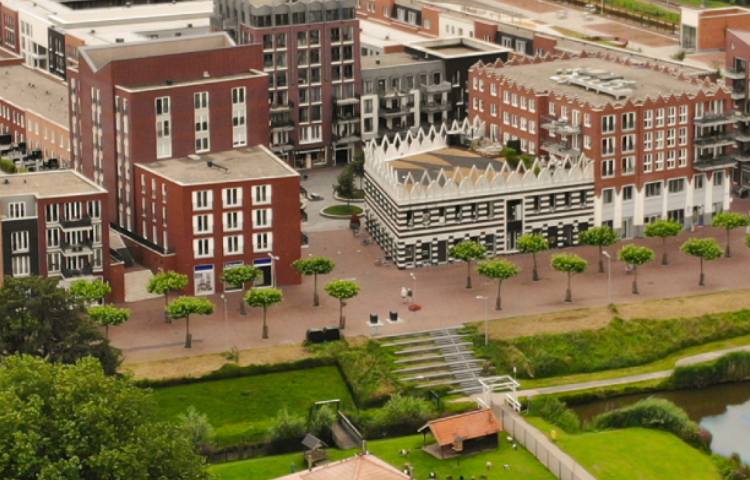Closely followed by the graduate influx of Gen-zer, born between 1997 and 2012. Millennials and Generation Z are often described as highly adaptable, smart and tolerant. They are hyper-connected, digitally native and grew-up facing the consequences of climate change, terrorism, and social injustice.
The impact of this demographic shift is that these generations engage with work, life and each other in a fundamentally different way compared to previous generations. The increase in technology has fuelled globalisation and availability of information in a way that has deeply changed traditional notions of power and knowledge; often leaders with the power, don’t have the knowledge and those younger Gen-zers with the knowledge don’t have the power. Increasingly younger generations are developing alternative models of success and ‘wealth’ which make existing motivators such as salaries, homeownership and seniority, redundant.
Workplace design and organisational management is based on traditional models of work and hierarchy, which we see superseded by lifestyle choices, technology-enablement and a strong sense of “we”, not ”I”. Over the last 24 months, millennials and Gen-z have arguably had the toughest time. Young families, financial instability, isolated living and a lack of social connection has driven many to the brink, with a significant rise in diagnosed mental health issues within these groups. Making up an exponentially increasing percentage of our working population, organisations need to further understand the experience of these groups, their desires, values and life goals in order to attract and retain the future generation of our world.
The last 24 months has offered us an opportunity to radically revaluate where people live, what they do for fun and how this fits into a life that previously revolved around work. Having proven that working outside a designated office works and an increasing focus on the value of our society, our ability to design work around the lives that millennials and gen-zers are seeking is likely to improve profitability and win not only the war for talent, but for competitive advantage.
In this paper, we use 10 common millennial and Gen-z consumer personas, as well as Cushman & Wakefield’s proprietary research platform to explore the changing face of the Netherlands and how our cities could cater to the needs and wants of this increasingly important group.
(*Generational insights are based on widely accepted consumer trend profiles. Our profiles are intended to characterise these profiles and directionally explore their locational choices).













